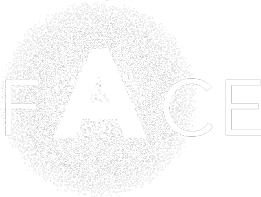EU urges China to tackle aluminium overcapacity
The European Union and China discussed the economic and trade relations at the 7th High-level Economic and Trade Dialogue this Monday in Beijing. Covering a range of issues under the overall theme “Harnessing Globalisation”, the Dialogue sets the ground for the upcoming 20th EU-China Summit taking place in July in Beijing.
The European Commission’s Vice-President Jyrki Katainen, responsible for investment and competitiveness, urged Vice-Premier of the State Council Liu He, who is in charge of the relations with the EU and the US, to tackle the challenges of overcapacity in the steel and aluminium sectors. The two industries were the first targets in the U.S. administration’s tariff dispute.
“I am confident that the exchanges we have had with my new counterpart, Liu He, have been useful in paving the way towards a successful EU-China Summit in the economic and trade field,” said Commissioner Katainen.
Premier Li Keqiang & I reaffirmed EU & China support to the WTO & agreed to create a Working Group to reform it. We also committed to concrete progress in our bilateral relationship & market access by the Summit. Negotiation based on rules can deliver positive results. #EUtrade pic.twitter.com/E31aP6v7lQ
— Jyrki Katainen (@jyrkikatainen) June 25, 2018
With both metals now subject to steep U.S. import tariffs, both the EU and China are locked in their own trade disputes with the Trump administration. While both oppose what they see as U.S. protectionism, many industry players point out that the Chinese government’s cheap loans to its industry are encouraging the global overcapacity which led the Trump administration to staunchly defend the U.S. smelters against “unfair trade practices and other abuses”.
In the communiqué of the recently-concluded 44th G7 Summit, the leaders of the world’s most powerful economies recognised “the urgent need to avoid excess capacity in other sectors such as aluminium” and called for “stronger international rules on market-distorting industrial subsidies and trade-distorting actions by state-owned enterprises” to bring the market back into balance.
Earlier this year, six aluminium associations from across the world urged G20 leaders to enact a global forum on aluminium excess capacity building on the model of the Global Forum on Steel Excess Capacity. In their letter, aluminium producers pointed out: “While its primary capacity continues to grow, China is also emphasizing its focus on producing downstream aluminium products for the global market.”


























